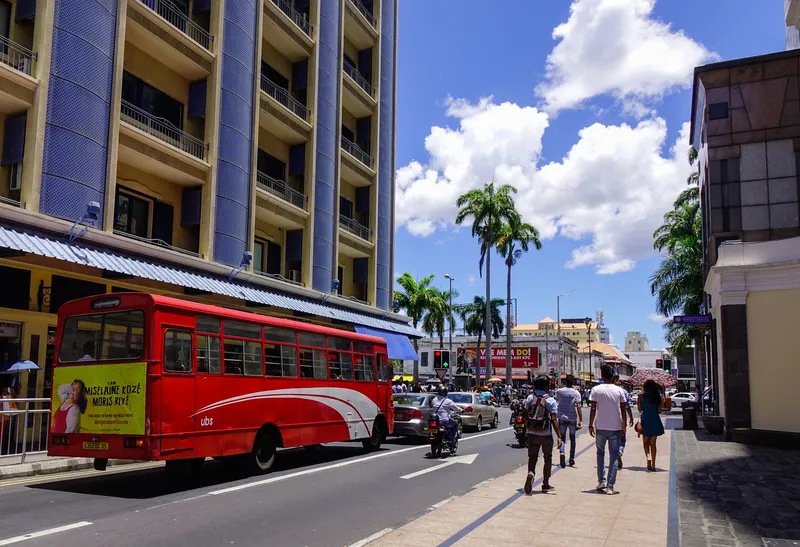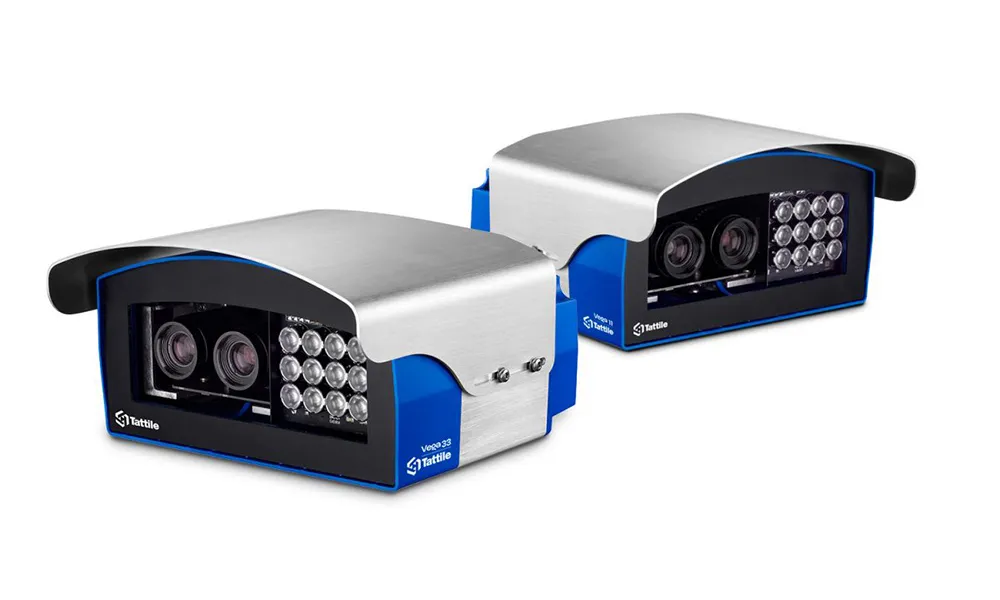The Norwegian Public Roads Administration (NPRA) has selected IBM to design, build and deliver a new centralised road toll system across Norway.
Drawing upon IBM's extensive traffic system management experience, big data and analytics capabilities, and mobile expertise, the new toll system, called AutoPASS Grindgut, will process more than 470 million vehicle passages per year, accounting for approximately US$1.3 billion in road user charges.
March 26, 2014
Read time: 2 mins
The Norwegian Public Roads Administration (NPRA) has selected 62 IBM to design, build and deliver a new centralised road toll system across Norway.
Drawing upon IBM's extensive traffic system management experience, big data and analytics capabilities, and mobile expertise, the new toll system, called AutoPASS Grindgut, will process more than 470 million vehicle passages per year, accounting for approximately US$1.3 billion in road user charges.
IBM will use its industry leading analytics solutions expertise to integrate roadside traffic data with new and modern user accounts and NPRA's CRM system. The new system will enable NPRA will reduce administration costs and enhance customer service by phasing out paper-based transactions, migrating future customer interactions to the web and mobile.
IBM MobileFirst will support development of new self service smartphone and tablet apps, delivering improved customer experience and allow NPRA to continue to introduce new mobile services and make enhancements to the current system.
Future services may include providing customers with real-time analysis on traffic flow, usage, transport trends and travel patterns. Additionally, enhanced levels of automation based on IBM message-oriented middleware will enable GPS-based tolling as well as other types of roadside services.
The AutoPASS Grindgut system will be managed by IBM through Smarter Application Management from IBM's Global Delivery Centres, providing scalability for future demand, while the open architecture ensures cost effective development, enabling straightforward integration with third-party equipment vendors.
Drawing upon IBM's extensive traffic system management experience, big data and analytics capabilities, and mobile expertise, the new toll system, called AutoPASS Grindgut, will process more than 470 million vehicle passages per year, accounting for approximately US$1.3 billion in road user charges.
IBM will use its industry leading analytics solutions expertise to integrate roadside traffic data with new and modern user accounts and NPRA's CRM system. The new system will enable NPRA will reduce administration costs and enhance customer service by phasing out paper-based transactions, migrating future customer interactions to the web and mobile.
IBM MobileFirst will support development of new self service smartphone and tablet apps, delivering improved customer experience and allow NPRA to continue to introduce new mobile services and make enhancements to the current system.
Future services may include providing customers with real-time analysis on traffic flow, usage, transport trends and travel patterns. Additionally, enhanced levels of automation based on IBM message-oriented middleware will enable GPS-based tolling as well as other types of roadside services.
The AutoPASS Grindgut system will be managed by IBM through Smarter Application Management from IBM's Global Delivery Centres, providing scalability for future demand, while the open architecture ensures cost effective development, enabling straightforward integration with third-party equipment vendors.








